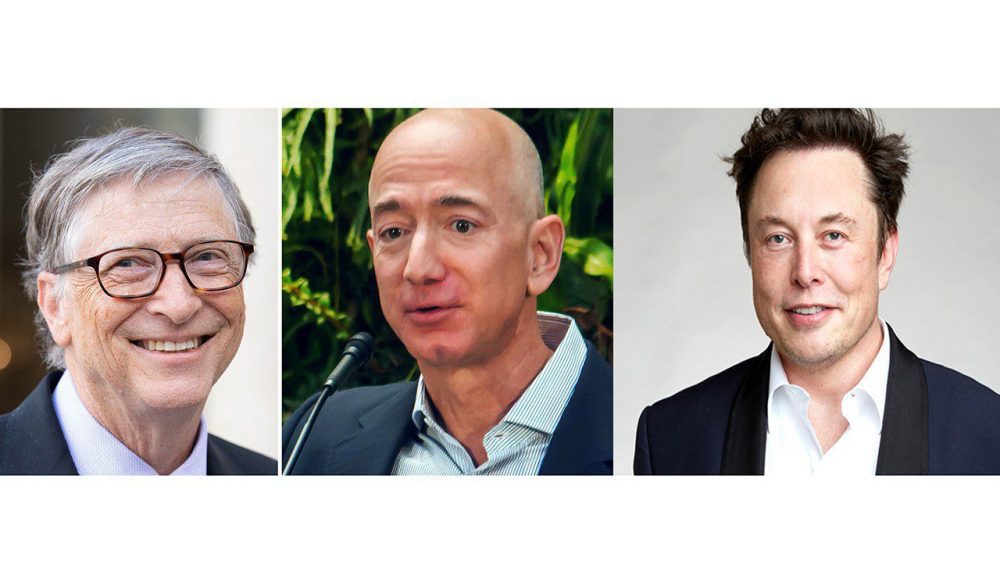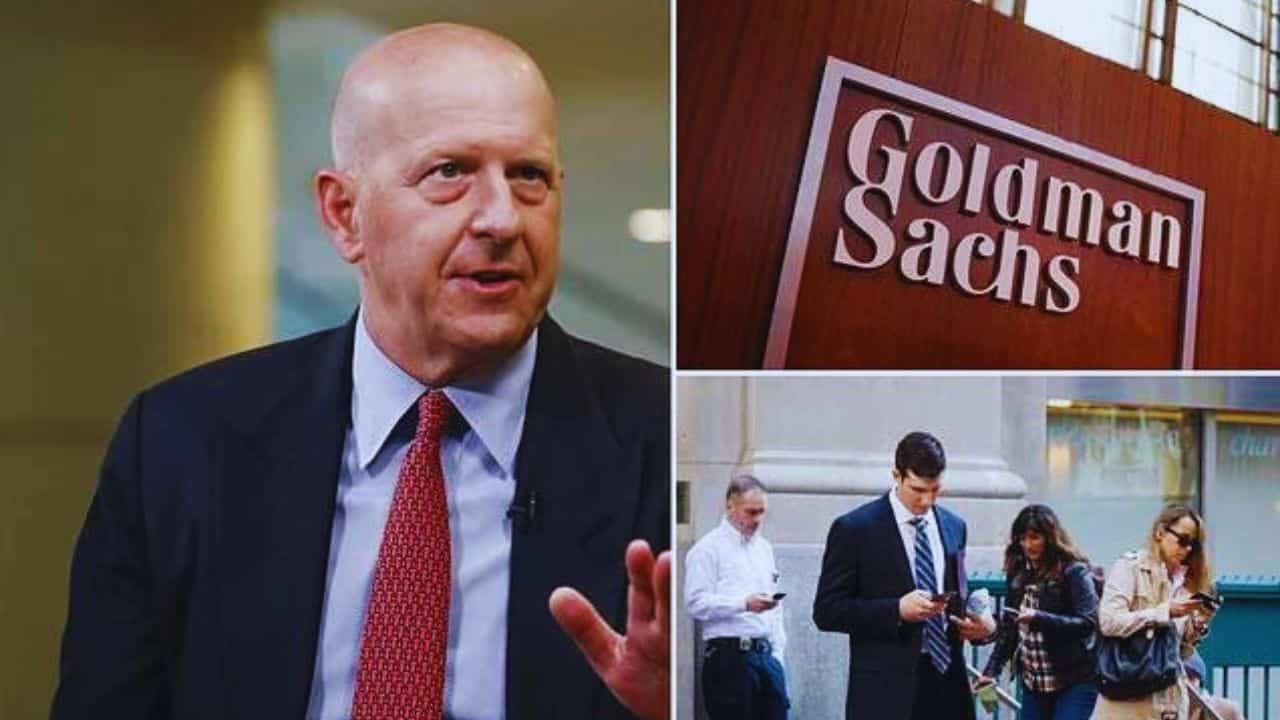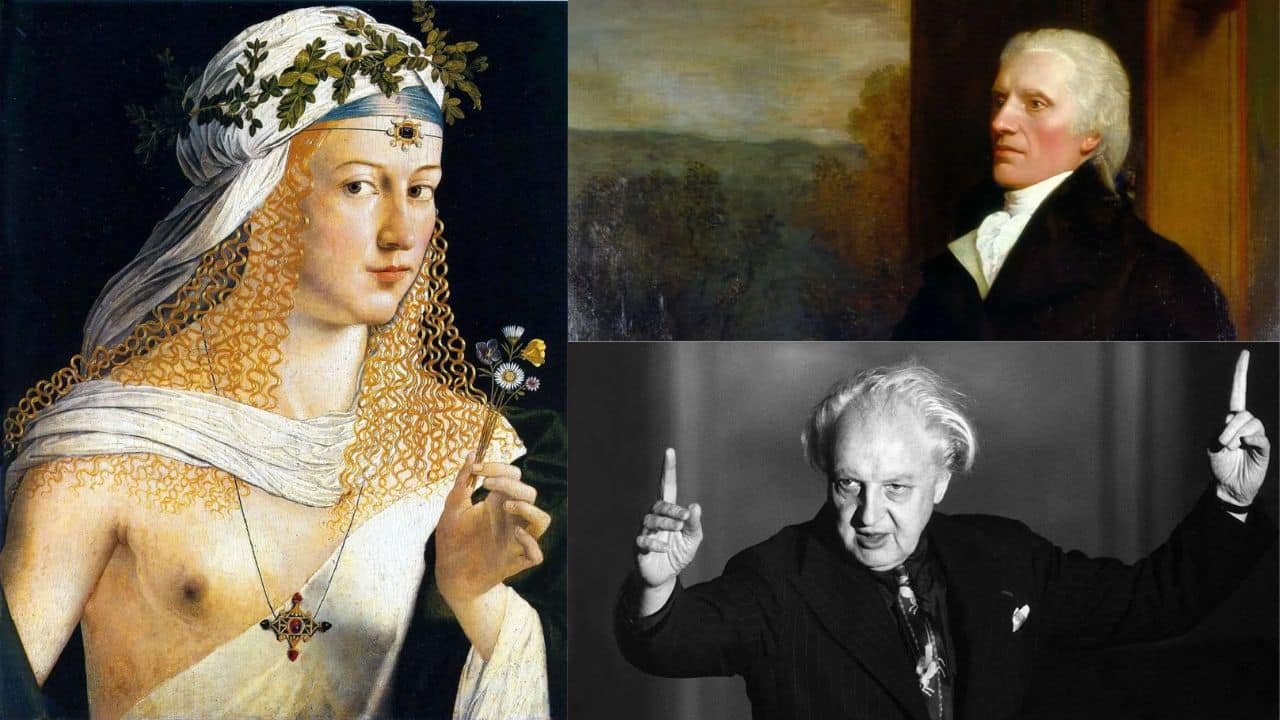Do you work hard every day to be a successful man? Then you must read this article to know how rich people spend their time.
Writer Thomas C. Corley has worked for nearly five years to understand the rich people. He has done research on many rich subjects. He observed about 177 rich people and studied their entire lives to find out which habits led them to success. Bill Gates, Elon Musk, Dan Gilbert, Mark Kuban are among the rich people. Corley wrote a famous book titled ‘Rich Habits: The Daily Success Habits of Wealthy Individual’.
At the end of the research, Corley wrote that the riches rarely watch television. Most of them read books at a specific time of the day. This was also observed by author Michael Simmons. Many riches deliberately set apart at least an hour a day to learn. Simmons thinks this habit is one of the keys to success. Also, he saw they spent at least five hours a day on work that separates them from others. He called this the ‘five-hour rule’. These five hours include reading books, thinking, and analyzing your work.
If you want to build your career successfully, you should read the article here. Then, you will learn how rich people spend their time.
Habit of reading books
Microsoft founder Bill Gates read 50 books a year. Facebook founder Mark Zuckerberg read at least one book in two weeks. Elon Musk, CEO of Tesla Motors, is currently the world’s top richest. His brother said Elon Musk used to read two magazines kept at home when he was a child. He would not miss any little contents. He used to read two books every day. Dan Gilbert, 58, co-founder of Quicken Loans, the largest U.S. mortifying business, is the top wealthy in the province of Chicago. Dan Gilbert reads books one to two hours of his day.
American investor and business tycoon Warren Edward Buffett spends 5 to 6 hours a day reading five newspapers and 500 pages of corporate reports. U.S. personality Mark Cuban has a successful career as a businessman and an inventor. He owns film distribution company Magnolia Pictures, professional basketball team Dallas Mavericks and Landmark Theatres. Landmark Theatres is the largest chain cinema in the United States. Mark Kuban read books for three hours a day. Arthur M. Blank is the co-founder of the home improvement retailer The Home Depot. He also reads books two hours a day. Billionaire entrepreneur David Mark Rubenstein reads six books a week.
Jeff Bezos, founder and CEO of e-commerce giant Amazon, reads together with his employees. In an interview, he said, “Reading is the motto of a successful meeting, which is much like a study hall. Everyone sits around the table and we read for about half an hour in silence. It takes more time to read the documents. Then we discussed the issues.”
Certainly a different time for thinking
Take some time a day to think eternally. CEO of Oath Inc. Tim Armstrong and his senior team spend four hours every week only for thinking. Former LinkedIn CEO Jeff Weiner, an American businessman, spends two hours for thinking every day. Brian Scudamore is the founder and CEO of O2E Brands. He set every Monday only to think. He spends 10 hours a week for thinking.
Check your work
Thomas Alva Edison is the best example of new innovations. The talented scientist used to test his innovations every day. He used to solve unknown problems. This habit of Thomas Edison is very important in life. If we check again and again whether our work is going right, then mistakes must come out. It is also possible to solve.
Conclusion
In a report published in the Business Insider, Thomas C. Corley said, “Change Your Habits, Change Your Life.”
Most of the millionaires became successful due to their “rich habits”.
Corley said, “From my research, I discovered that daily habits dictate how successful or unsuccessful you will be in life.”
The riches dedicate 15 to 30 minutes a day just to think. He observes, “Thinking is key to their success.”
He identified 10 key points the rich people think about:
- careers
- finances
- family
- friends
- business relationships
- health
- dream-setting and goal-setting
- problems
- charity
- happiness




































